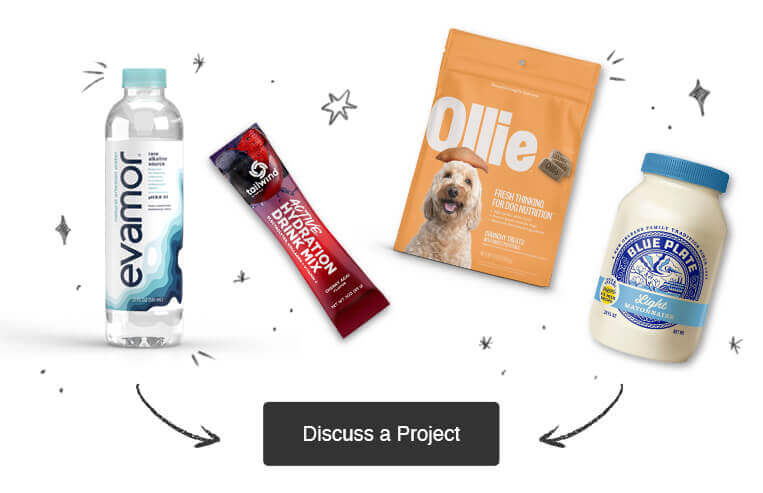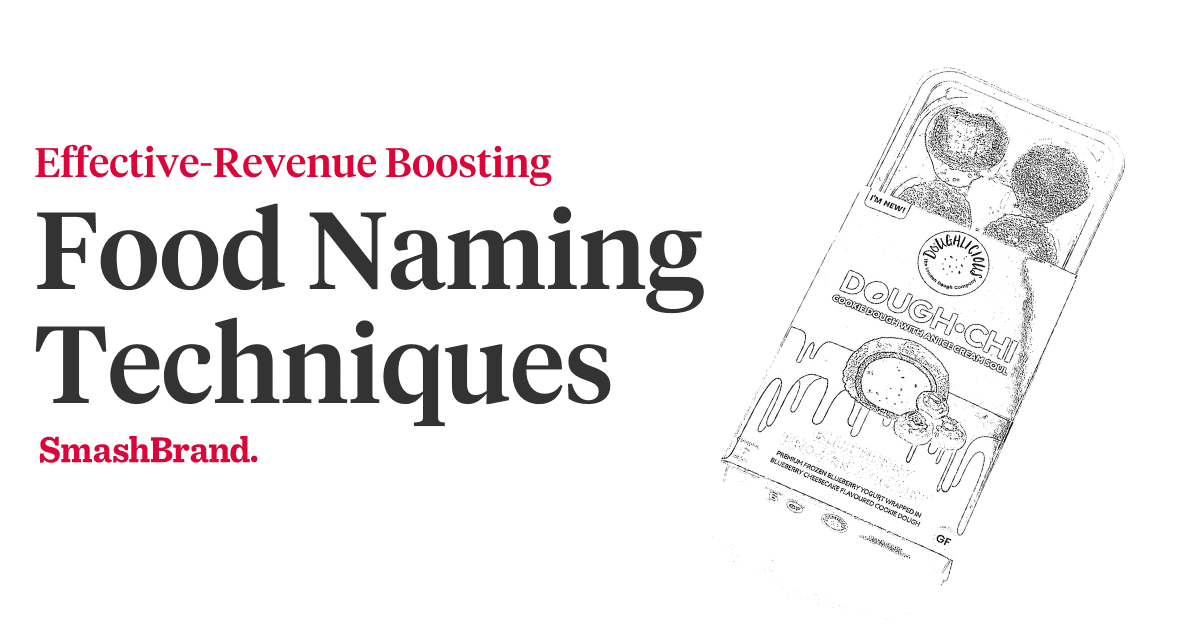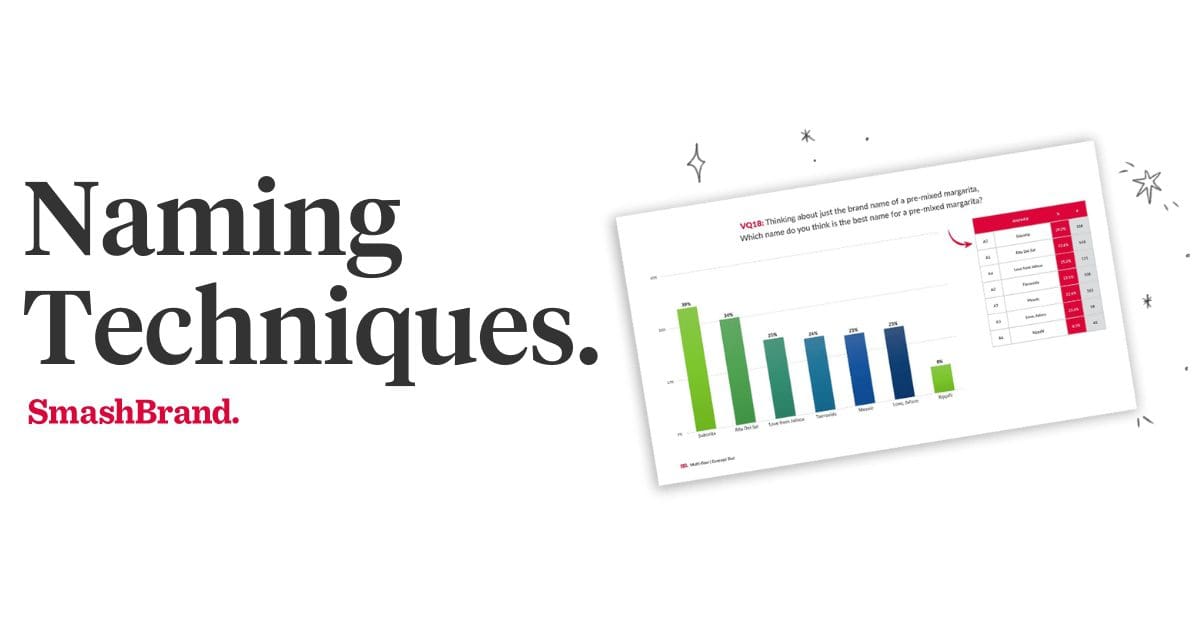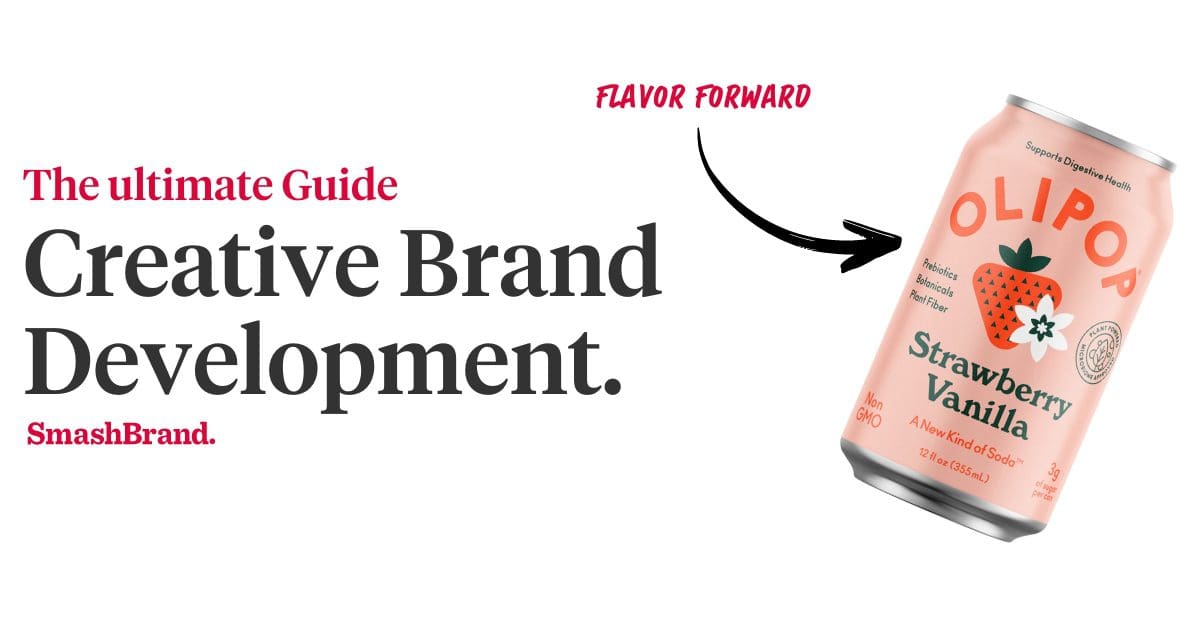Listen to This Article

Once upon a time, a dime bag of shake and the latest Pink Floyd vinyl may have meant everything in the world to a group of local teens. Those days are long gone.
Modern cannabis consumers are conscious, discerning, and diverse. The explosion of the medicinal and recreational cannabis industry has brought in serious investments from varied sources. The end result has been an endless variety of choices at the disposal of consumers. If you’re trying to enter the industry or looking to increase your sales, you have to stand out. It might be that a certain quality of product speaks for itself, but it will be muted by the competition if you don’t make the packaging say a little something about it – or preferably a lot. With that in mind, SmashBrand is here to run through the best practices for cannabis packaging
Get your Hands on the SmashReport!
And enter to win a FREE brand diagnosis worth $20,000.
*The SmashReport is a monthly newsletter for FMCG and CPG brands, helping them stand out in the competitive retail marketplace.
Play by the Rules
First off, as with every other aspect of your budding ganja empire, you need to be tuned into the rules and regulations of your state. Laws vary by territory, but there are legal guidelines that you need to follow.
All states prohibit the use of imagery that’s geared towards children, so no “Tony the Highger” on your bud boxes unless it’s beyond the interpretation of anything that could be appealing to a child. Furthermore, California and a number of other states also mandate child-proofing. Regardless of your state regulations, it’s a best practice to make sure it doesn’t wind up in the hands of kids.
Other regulations that vary by state include THC concentration, opacity of packaging, warnings for edibles, and a long list of specific labeling practices that you need to follow in order to comply with state law. The amount of licensing and legal fees simply required to enter the cannabis industry is significant, to say the least. If you’re at the point of product launch, then you’re already fluent in legalese, so packaging laws should be no stumbling point.
Product Visibility
Whether it signifies a whole lot of dollar signs or a ticket straight away from your troubles, people like admiring their cannabis – especially when it’s top-shelf. In states that allow it, packaging that showcases the flower is bound to score points with consumers. If you’re using glass, this also affords an advantage for shelf life. Nonporous glass containers preserve the buds for longer than plastic packaging.
Packaging considerations will vary slightly with concentrates, where accessibility is another key factor. Nobody wants to spend their evening scraping oil off a plastic jar and losing a quarter of the product. For extract and concentrates, silicone lining makes for the ideal product vehicle.
What’s from the Earth…
We could link a national survey on the intersection between cannabis consumption and environmentalism, or we could just point you in the direction of your nearest dreadlock-laden Green Peace canvasser. Suffice it to say, the overlap is substantial.
Whether it’s because you’d like to operate a conscious business out of your own concern for the future of the environment, or you’re hoping to tend to your bottom line, sustainable packaging leaves a positive impression on large swaths of your market share. Biodegradable materials are the way to go, and plant-based packaging like hemp can be a selling point in itself. Plastics, while convenient, are not always ideal for storage for reasons previously discussed.
Know Your Audience
Jokes aside, the average cannabis consumer is no longer a bedraggled flower child – if that ever even was the primary demographic. From soccer moms to button-down professionals, there’s a high variety of cannabis consumers.
If you’re a newcomer to the industry, it should be clear that there’s significant competition out there and that your chances of success rely on carving out a niche in the market. What’s the average income of the consumer that you’re targeting? What do their lifestyles look like outside of cannabis consumption? What’s the appeal of your product to this specific demographic? There is no one-size-fits-all solution here.
Cannabis brands range from luxurious to simplistic to holistic to sadistic. As you work out the packaging for your product, branding relies on the angle you’re taking with a specific population of consumers.
Spell it Out
And with the variety of consumers come a variety of products – not just in brands of bud, but also cannabis products. CBD extracts, edibles, shatter, hash oil, cannibutter … the list goes on. Legal regulation aside, you need to make it clear to consumers what it is that your product has to offer. First off, what is it? Next, what kind of potency are you dealing with? Does the delivery method alter the duration or extent of effects?
It’s unwise to assume a certain level of understanding on behalf of your consumers, and a safer bet is to make clear as much about your product as possible in the packaging.
Play it Again
Not to assume anything about short-term memory, but just a quick recap. The top tips for best practices in cannabis packaging are:
- Follow state regulations
- Make it child-proof
- Showcase the product when possible
- Target a demographic
- Inform your consumers
Getting quality cannabis onto the shelves is no small task. With all the work that goes into the supply chain logistics, there’s no excuse to fall short when it comes to presentation. In that vein, your packaging means everything. Showcase your product in packaging that makes a statement about your brand, one that resonates with a specific demographic and offers an experience that sets you apart from the competition.





